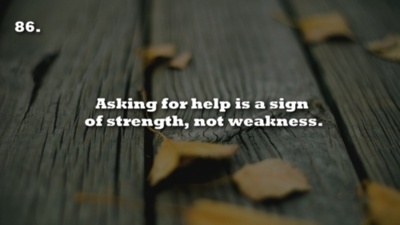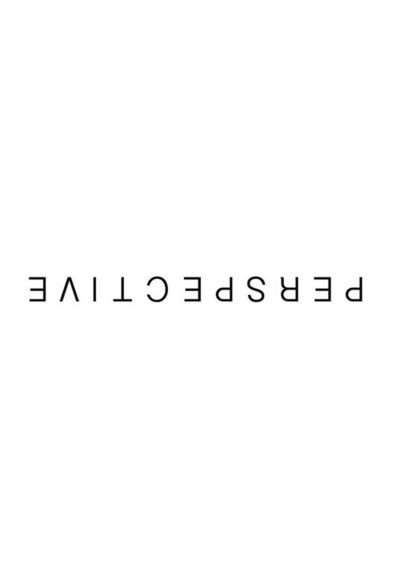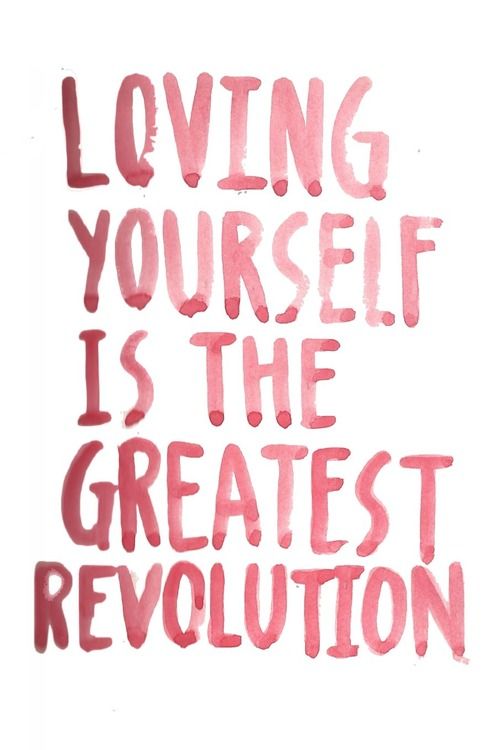Even If They're Fat
Submitted by nedic blogger on Mon, 12/14/2015 - 10:14.jpg)
Occasionally, when it comes up in conversation, I’ve heard some dietitian colleagues agree that a non-diet or intuitive eating approach is the best way to help clients achieve better eating habits…unless they’re really “obese.” Then they should probably lose weight “for their health.” These dietitians are not yet wholly committed to Health at Every Size - HAES®.

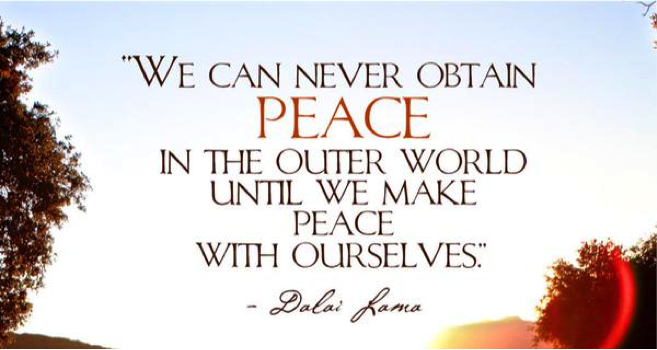

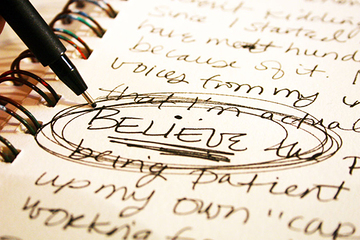
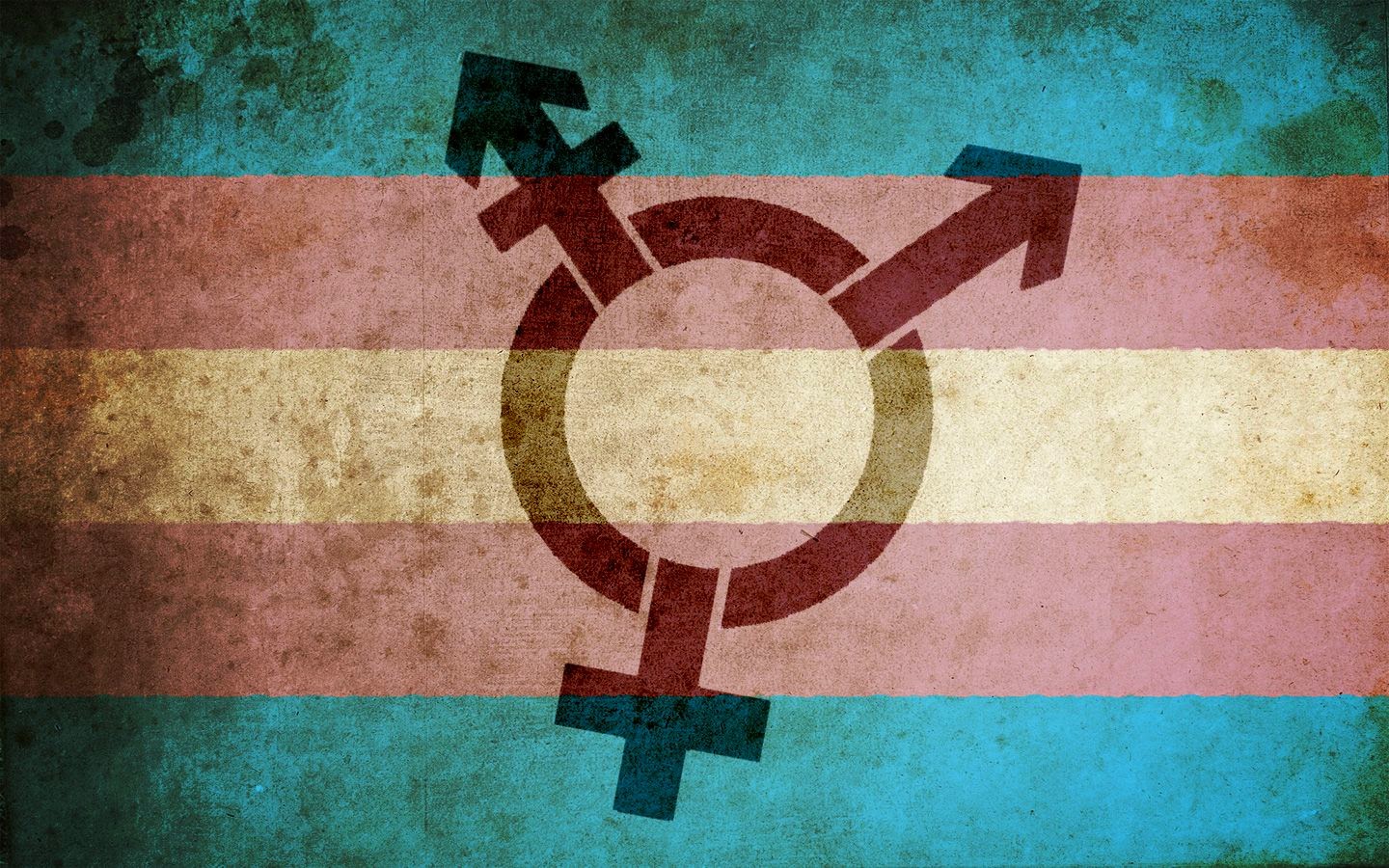
.jpg)
